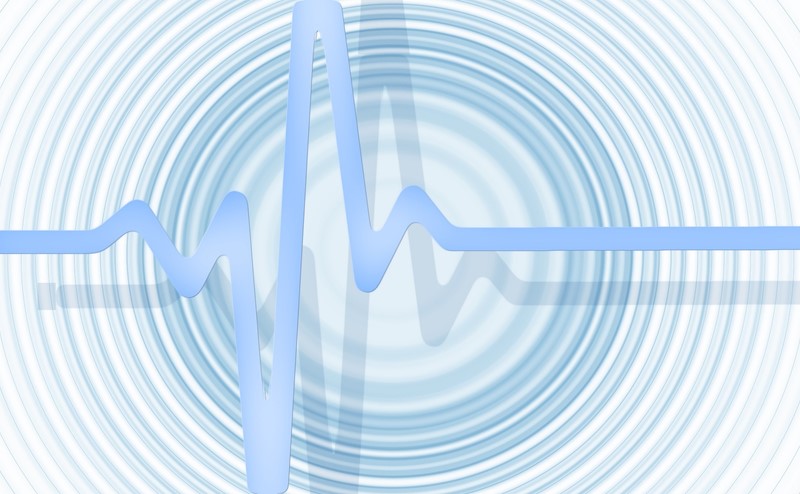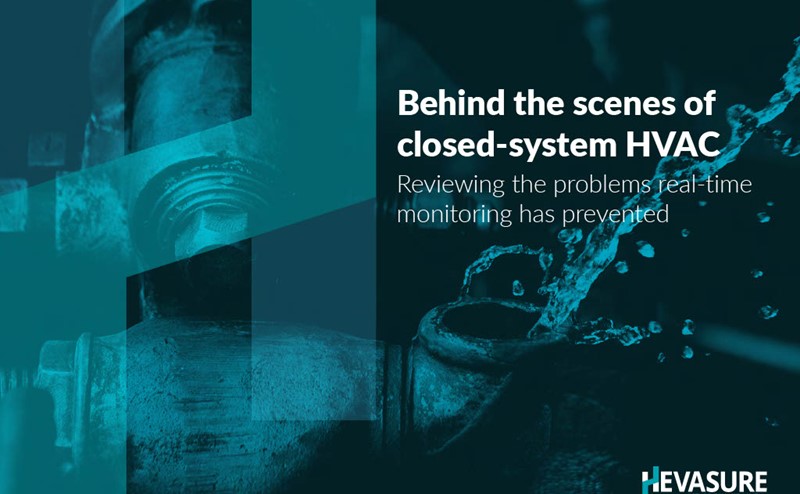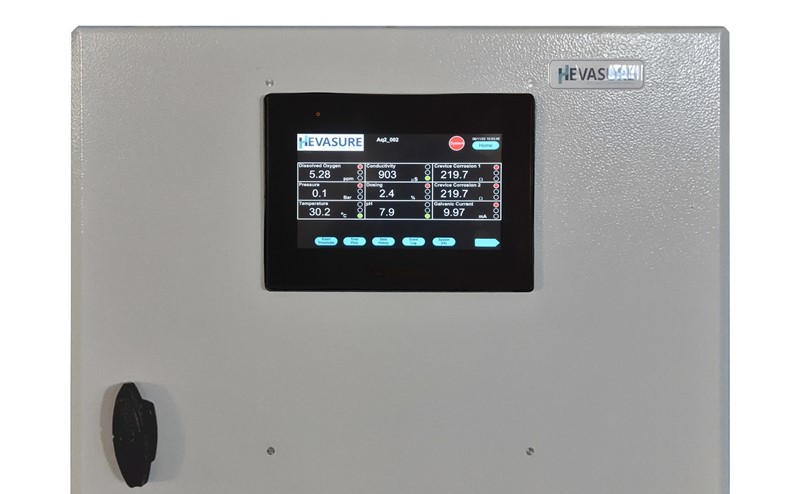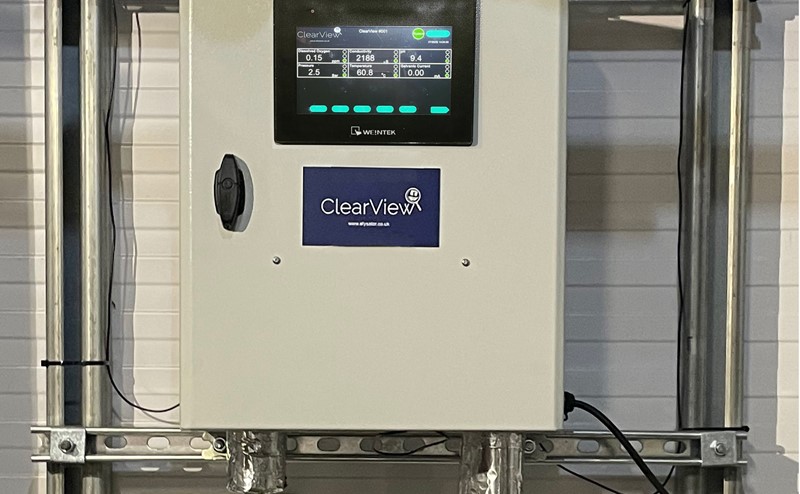
Specifiers – use HVAC monitoring to ensure system sustainability
Specifiers and building designers have a commitment to sustainability, choosing the most efficient products that help meet carbon reduction aims.
When it comes to HVAC systems, the best technology is vital if performance and sustainability targets are to be achieved - on day one and throughout a system’s life. Unfortunately, many specifiers don’t consider how degradation following installation might affect these targets since this is viewed as the responsibility of facilities managers, maintenance teams and water treatment companies.
To genuinely achieve design life parameters, data collection through system monitoring provides a cost-effective insurance policy that prevents a drop-off in performance and will lead to happy customers, environmentally sympathetic buildings, and well-regarded specifiers.
Data driven energy efficiency
How can HVAC monitoring improve occupant comfort?
The latest HVAC systems make automatic adjustments to increase energy efficiency. IoT data can predict weather conditions to adapt air conditioning, for example, and some systems even monitor human activity within a room to create the optimum environment.
Building Management Systems (BMS) commonly manage these processes to maximise occupant comfort, while minimising energy usage, fine tuning HVAC systems so they are used in the right way, and only when needed.
How can HVAC monitoring improve operational efficiency?
Behind the scenes, HVAC can be monitored to ensure the different parts of a system are operating as they should, contributing to the efficiency of the whole. Crucially, this approach dramatically reduces the risk of breakdown and any subsequent downtime – in mission critical sites such as hospitals and data centres this is a key concern.
The collation and interpretation of data throughout a HVAC system's life to determine the best course of action for its upkeep undoubtedly helps maintenance teams, and for specifiers, it means that whole life costings can be more accurately made and stuck to.
For closed loop systems, monitoring water condition is a key step in preventing corrosion. A corroded system impacts efficiency in a number of ways:
- Build-up of debris in pipes and components causes restriction, which can lead to increased pump energies in order to maintain flow rates.
- Heat transfer is reduced as a result of corrosion debris on heat exchangers and emitters.
- Valve seats can be eroded, leading to changes in flow characteristics.
- Heavily degraded pipework and components will eventually leak.
Hevasure Aquila continuously and remotely monitors water characteristics that signify corrosive conditions, potentially stopping corrosion before it occurs. Changes in the water make-up trigger an alert which is sent to responsible parties so they can immediately deal with the problem and data is tracked over time to provide a comprehensive picture.
While specifiers won’t be getting involved in maintaining a system they have designed, by ensuring their scheme includes a solution like Hevasure, they can be confident that the system specified will work at its optimum.
How can HVAC monitoring safeguard your reputation?
The reputation of your designs do not end at installation. To create sustainable and long lasting buildings, specifiers need to choose high performance solutions. Using real-time monitoring ensures these solutions deliver as they were intended, lasting well, while contributing to reducing the carbon footprint of HVAC schemes.
For more information about how Hevasure can help specifiers, click here.







